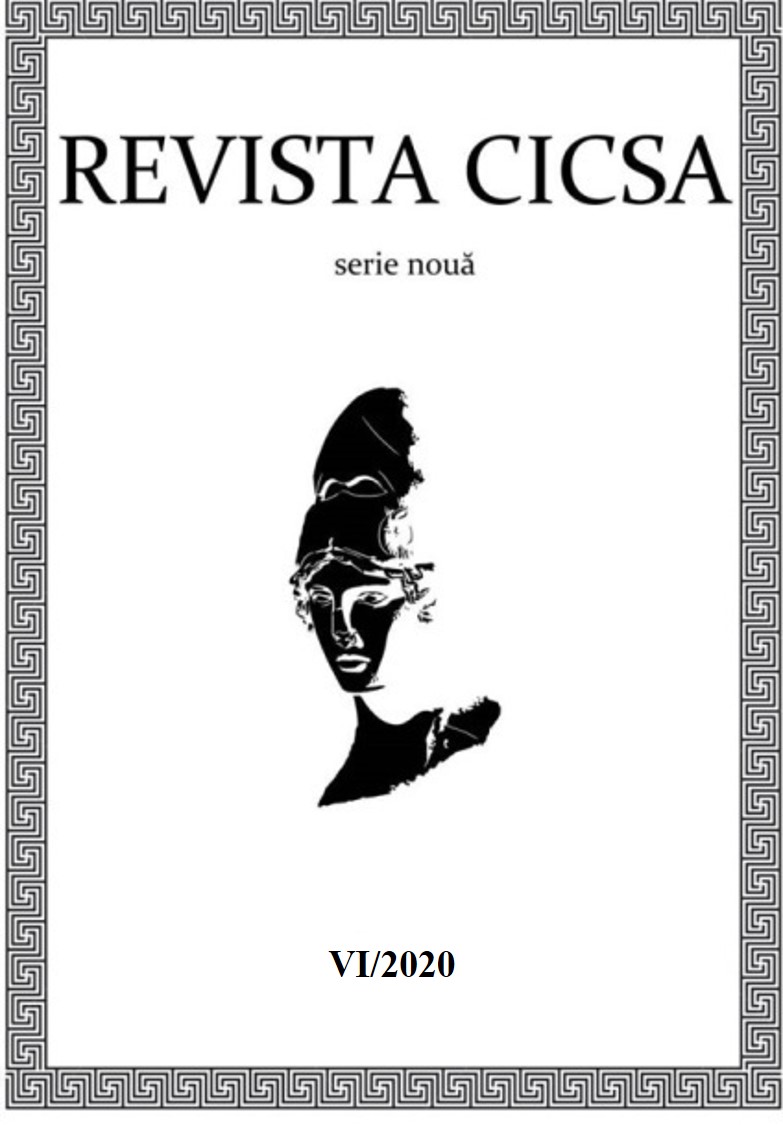The image of the god Fufluns – Dionysus as reflected on Etruscan mirrors: a Greek or an Etruscan God?
The image of the god Fufluns – Dionysus as reflected on Etruscan mirrors: a Greek or an Etruscan God?
Author(s): Diana PavelSubject(s): History, Ancient World
Published by: Centrul de Istorie Comparată a Societăților Antice
Keywords: Fufluns; Etruscan Dionysus; Etruscan mirrors; Etruscan mythology; Dionysian cult in Etruria;
Summary/Abstract: The influence that the Greek world had managed to manifest through its religion over the divinities of the Etruscan pantheon, including the god of vegetation Fufluns- Dionysus, has been universally acknowledged in the historiography, but an in-depth analysis of the ever growing number of archaeological discoveries has provided us with an important element that seems to have constituted an oversight for a long time: the autochthonous layer of the image of the divinity and the entwining of characteristics between the two elements, both Etruscan and Greek. An iconographic investigation of the representation of the god Fufluns on Etruscan mirrors, the category of archaeological sources that will be the main focus of this paper, will indicate that, within the research on the issue of the juxtaposition of Greek and Etruscan characteristics in the creation of the image of this god, an important number of purely Etruscan elements should be emphasized since they allude towards a powerful Etruscan contribution and (re)interpretation of certain aspects of this deity. Among the results, we can include not only the powerful chthonic attributes of Fufluns- Dionysus himself, but also of his retinue and of his companions, as well as his connection to purely local companions or the appearance of certain mythological episodes of a most probable Etruscan origin, episodes seemingly unacknowledged throughout the Greek world.
Journal: Revista CICSA online, Serie Nouă
- Issue Year: 2020
- Issue No: VI
- Page Range: 41-68
- Page Count: 28
- Language: English

